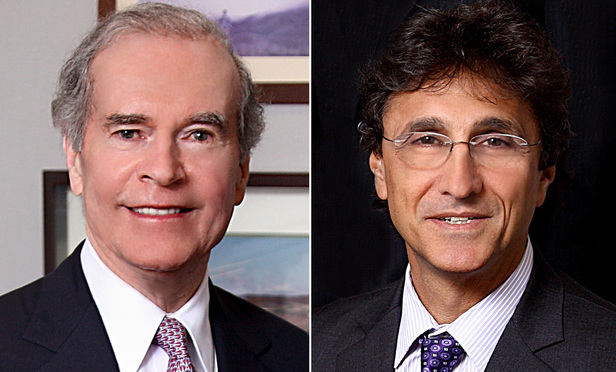Some years ago, we examined whether exculpatory releases signed by patients at the behest of health care providers prior to treatment are enforceable in subsequent medical malpractice actions. See Moore and Gaier, Courts Disfavor Exculpatory Releases, NYLJ Oct. 6, 1998, p. 3. A review of the pertinent decisional law indicated that such agreements have been held unenforceable and void as against public policy. See Rosenthal v. Bologna, 211 A.D.2d 436 (1st Dept. 1995); Ash v. New York University Dental Center, 164 A.D.2d 366 (1st Dept. 1990); Abramowitz v. New York University Dental Center, Col. of Dentistry, 110 A.D.2d 343 (2d Dept. 1985); Morabito v. New York University Dental Center. 104 A.D.2d 1064 (1st Dept. 1984); Dedely v. Kings Highway Hosp. Ctr., 162 Misc.2d 444 (Sup. Ct., Kings Co. 1994). Cf. Boll v. Sharpe & Dohme, 307 N.Y. 646 (1954), aff’g, 281 App. Div. 568 (1st Dept. 1953). There have been no developments in the law regarding such releases since that column was published.
Earlier this year, however, a trial level decision addressed what appears to be a new approach by some health care providers to impede potential malpractice actions before rendering treatment. Prior to undergoing surgery, the plaintiff in Mercado v. Schwartz, 63 Misc.3d 362 (Sup. Ct., Suffolk Co., 2019), signed a form purporting to impose various requirements on any subsequent malpractice actions. In a detailed analysis reminiscent of the decisions assessing exculpatory releases, Justice Sanford N. Burland concluded that the challenged provisions were unenforceable. That opinion is the subject of this column.


 Thomas A. Moore and Matthew Gaier
Thomas A. Moore and Matthew Gaier




